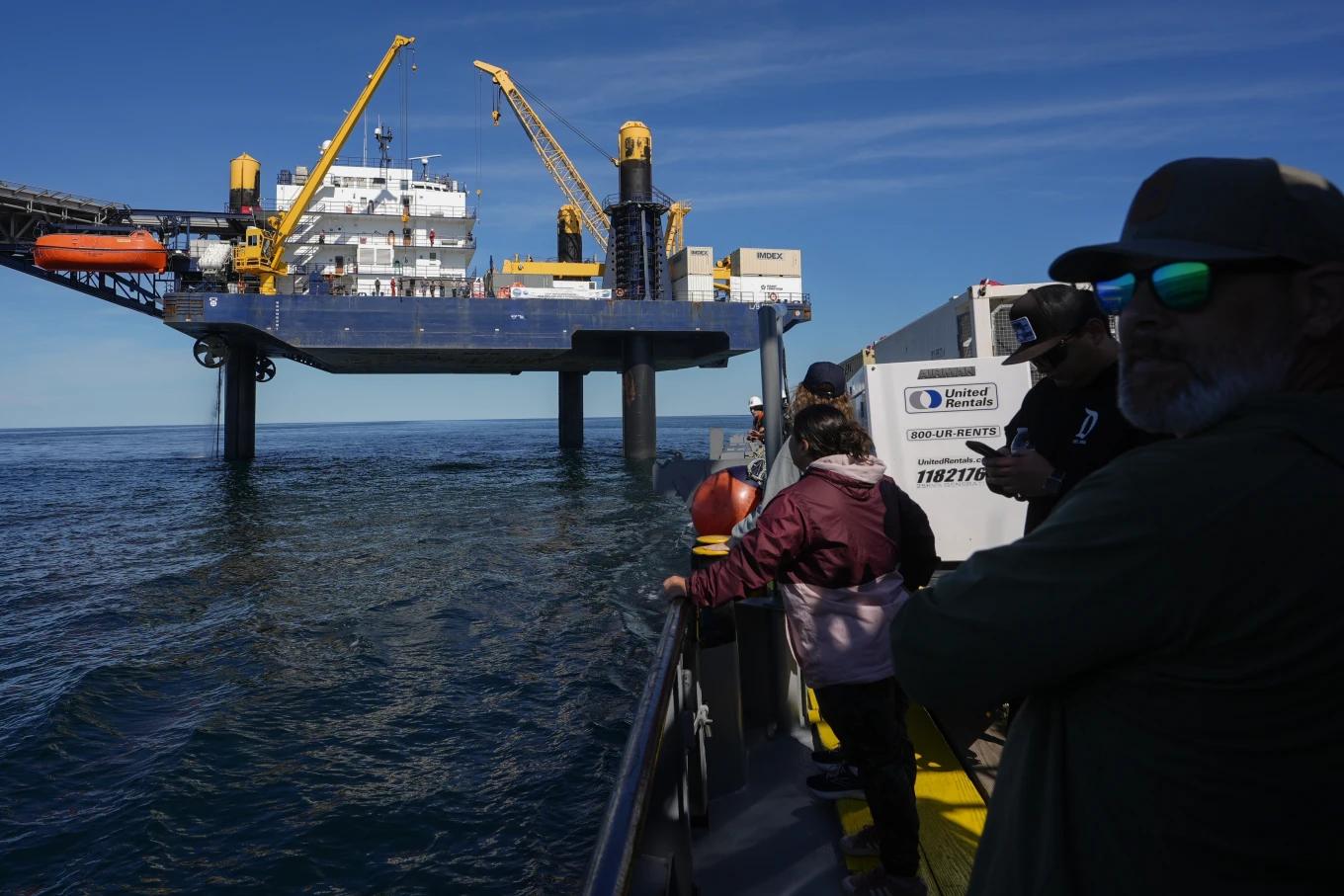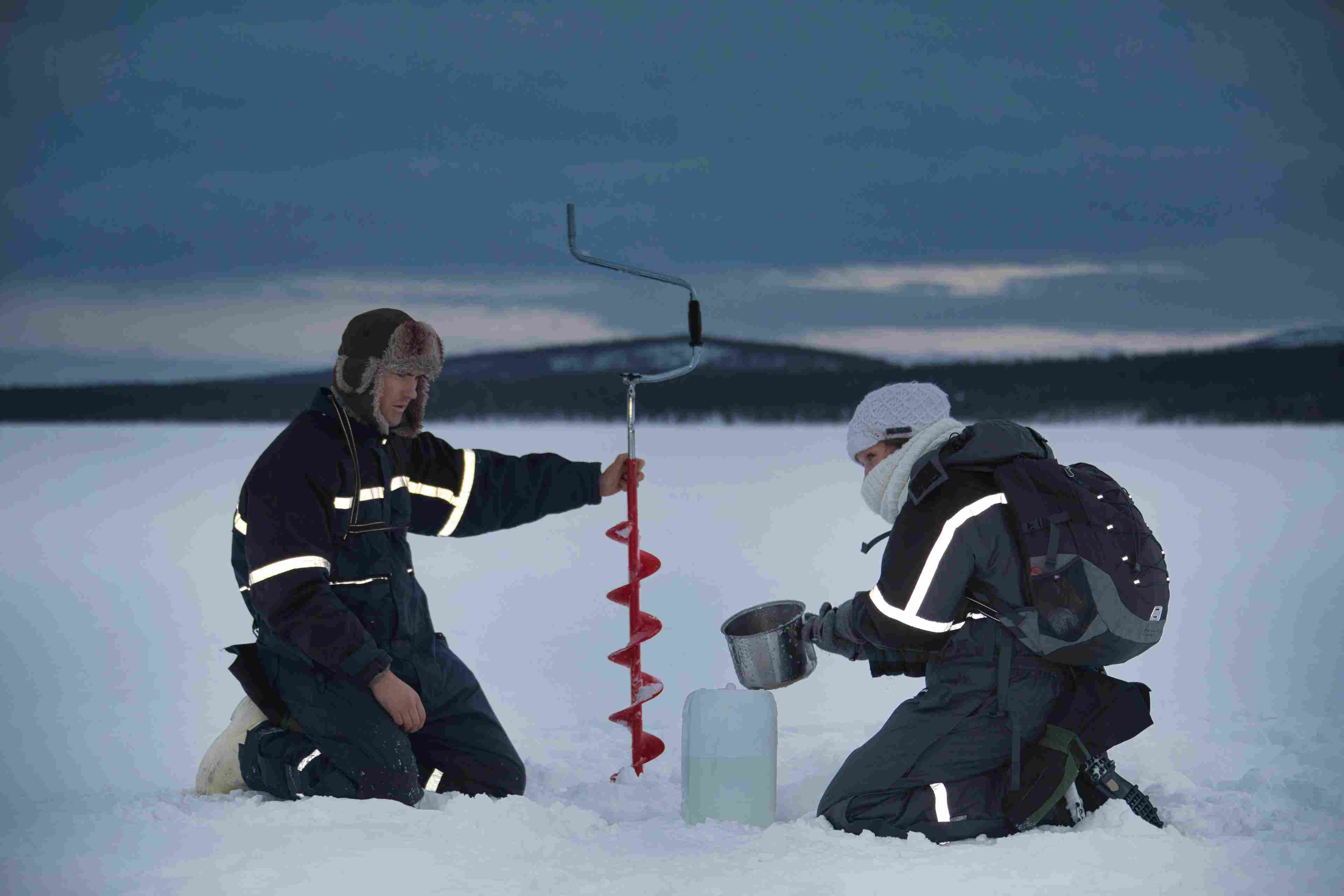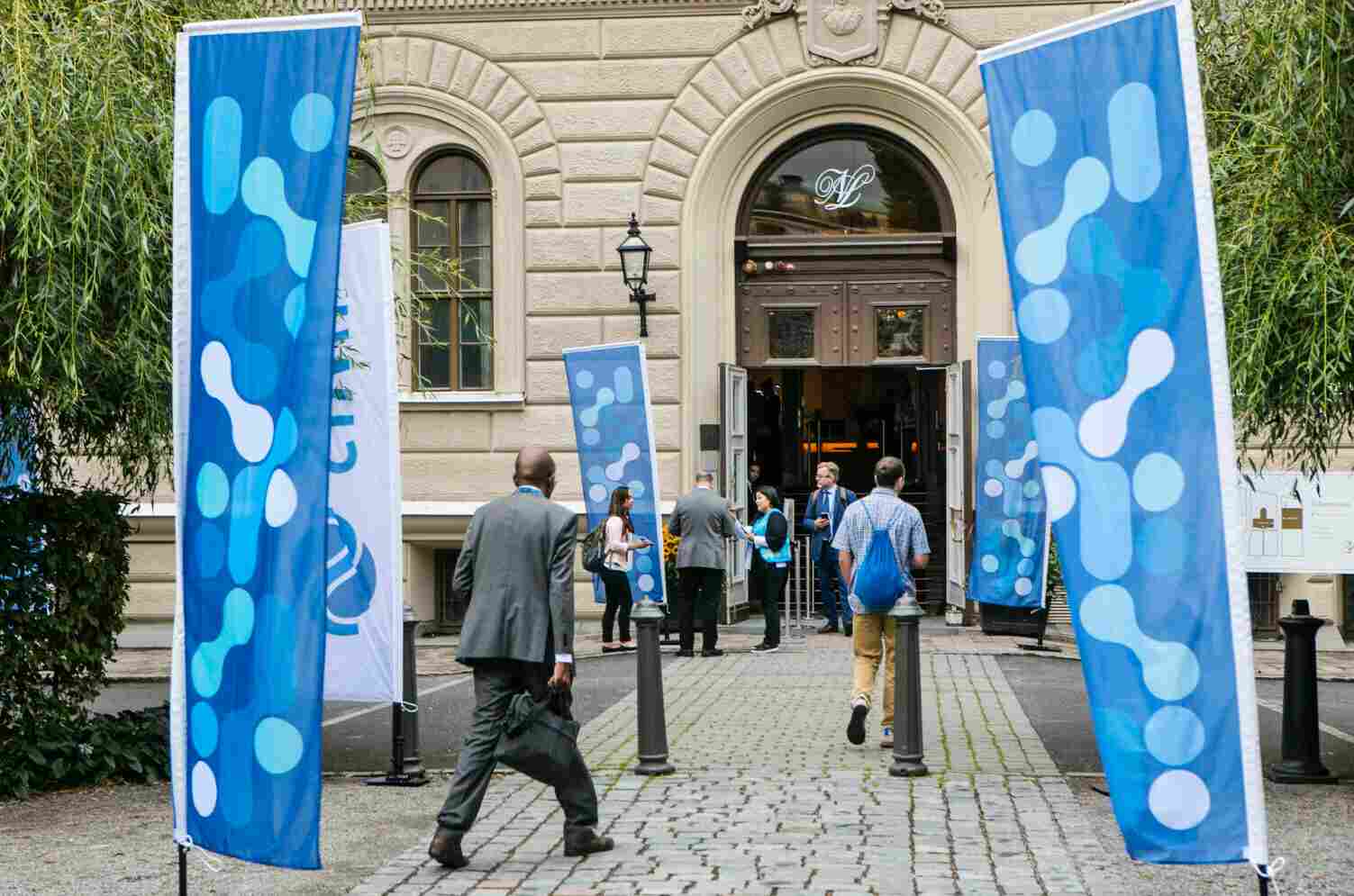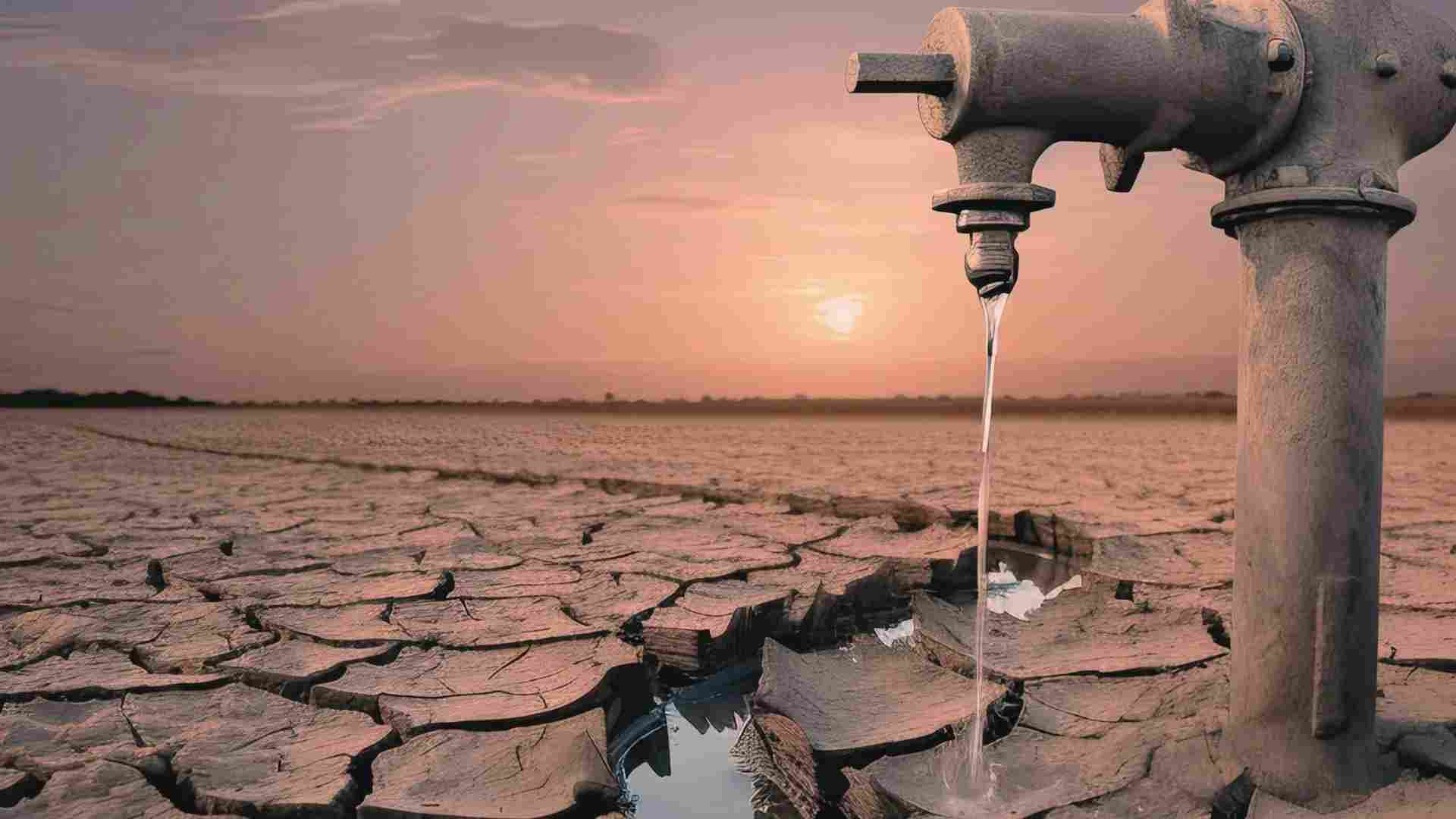
Massachusetts, USA (Enmaeya News) — Scientists on Expedition 501 have uncovered extensive freshwater reserves beneath the ocean floor off Cape Cod, a discovery that could offer new solutions to the world’s growing water scarcity.
The undersea aquifers, which stretch along the northeastern U.S. coast, could potentially supply freshwater to large populations for centuries. Researchers collected nearly 50,000 liters (13,209 gallons) of water during the expedition and plan months of lab analysis to determine its origins, quality, and safety for human consumption.
“This is one of the last places you would probably look for fresh water on Earth,” said Brandon Dugan, co-chief scientist of the expedition and a geophysicist and hydrologist at the Colorado School of Mines. “We need to look for every possibility we have to find more water for society.”
Expedition 501’s work involved drilling nearly 1,300 feet (400 meters) below the seafloor to extract cores of water-laden sediment. Initial results showed salinity as low as 1 part per thousand — comparable to freshwater found on land. Some samples contained higher salinity, suggesting the aquifers may connect to terrestrial systems or glacial deposits.
Researchers emphasized that further study is needed before the water can be used. They will investigate microbial content, mineral composition, and potential contaminants, as well as dating the water to determine whether it is a renewable resource. “Younger means it was a raindrop 100 or 200 years ago — it’s recharging,” Dugan said.
While the discovery is promising, experts warn that tapping undersea aquifers poses technical, environmental, and legal challenges. Extracting water could disrupt ecosystems, affect onshore reserves, and raise questions about ownership and usage rights. It could take years before the water is usable at scale, if feasible.
Expedition 501 represents a $25 million international collaboration involving more than a dozen countries, supported by the U.S. National Science Foundation and the European Consortium for Ocean Research Drilling. Scientists believe the aquifer could meet the needs of a metropolis the size of New York City for up to 800 years.
Global freshwater demand is rising sharply. The United Nations projects a 40% shortfall within five years due to climate change, population growth, and industrial consumption, including water-intensive data centers. Coastal cities like Cape Town have already faced critical shortages, highlighting the urgency of finding new freshwater sources.
“This is a new environment that has never been studied before,” said Jocelyne DiRuggiero, a biologist at Johns Hopkins University not involved in the project. “It’s exciting but also requires caution before exploitation.”
After six months of lab analysis, Expedition 501’s teams will convene in Germany to consolidate findings and better understand the aquifer’s age, origin, and potential for sustainable use. Scientists say the discovery underscores the importance of exploring unconventional sources as global freshwater pressures mount.






